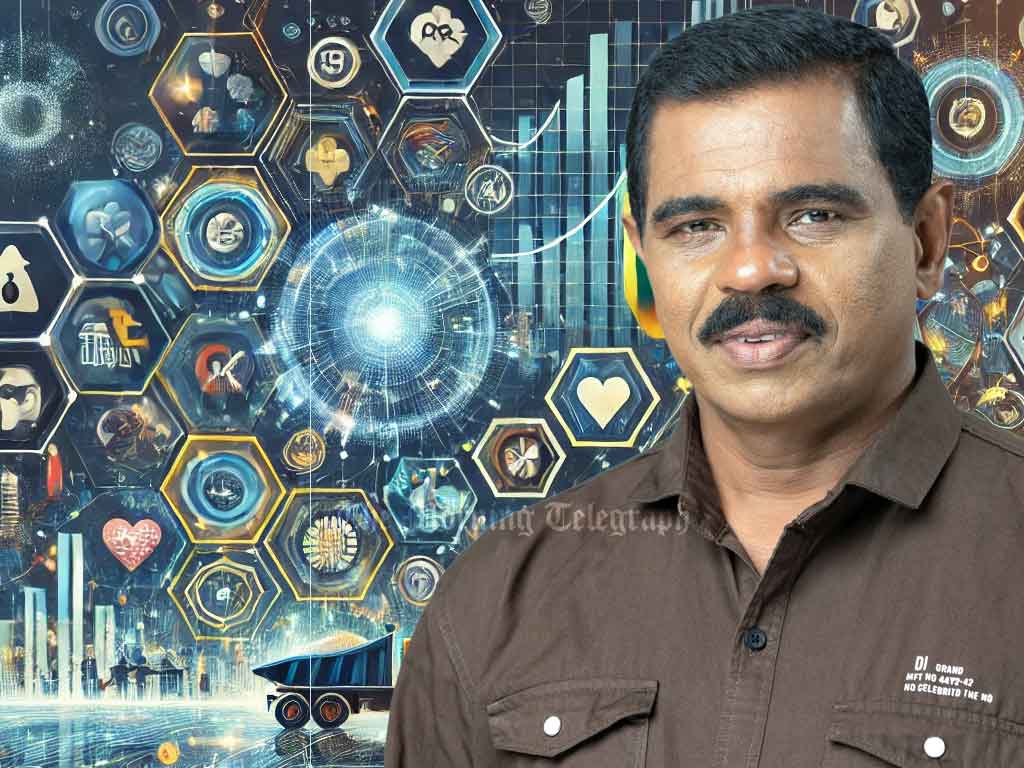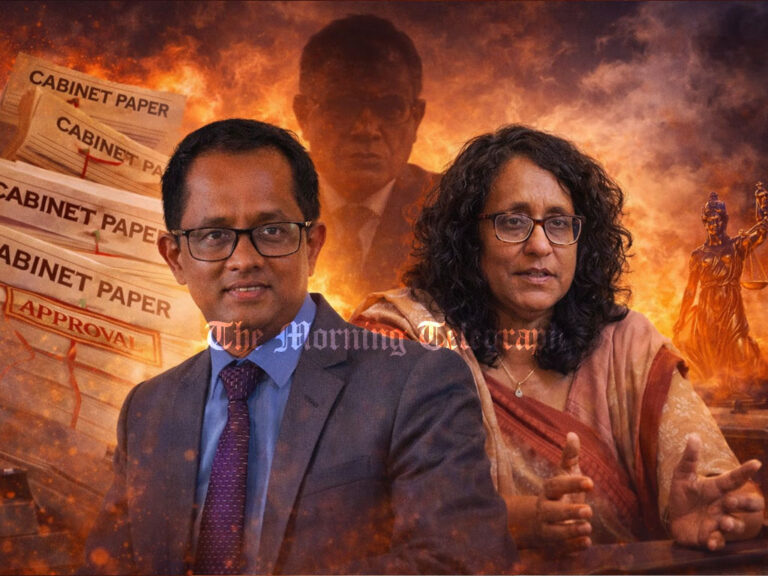
Deputy Minister of Vocational Education, Nalin Hewage, has praised the 2025 budget, declaring it a landmark financial plan that will benefit all Sri Lankans. Speaking to journalists, Hewage stated that this year’s budget has reshaped the way the country and Parliament understand financial planning, marking a shift towards self-sufficiency and sustainable economic growth.
Hewage emphasized that the budget does not rely on asset sales, foreign aid, or borrowing. Instead, he described it as an investment designed to not only generate revenue for the nation but also create economic opportunities for its people.
“This budget has put smiles on the faces of 22 million Sri Lankans,” he asserted, adding that the opposition has been left demoralized, comparing them to a withered flower.
The 2025 budget, presented by President Anura Kumara Dissanayake, includes several key initiatives aimed at transforming Sri Lanka’s economy. The government projects a 5% economic growth rate in 2025 and aims to maintain a primary account surplus of 2.3% of GDP. Additionally, tax revenue is expected to increase to 15% of GDP, supporting government spending on essential services.
One of the most significant proposals is a phased salary increase for public sector employees, raising the minimum monthly basic salary from Rs. 24,250 to Rs. 40,000. This initiative is estimated to cost Rs. 325 billion, reflecting the government’s commitment to improving living standards.
Hewage’s remarks highlight the government’s confidence in the budget’s ability to drive economic recovery. However, reactions remain mixed, with critics expressing concerns over fiscal sustainability. Moody’s Ratings has warned that the budget’s expenditure plans could slow fiscal consolidation, posing potential challenges in meeting International Monetary Fund (IMF) program targets.
Despite the mixed reception, the government is positioning the budget as a bold step toward economic self-sufficiency. With major policy shifts and ambitious targets, the 2025 budget is set to shape the country’s financial future, as leaders work to balance economic growth with long-term stability.




